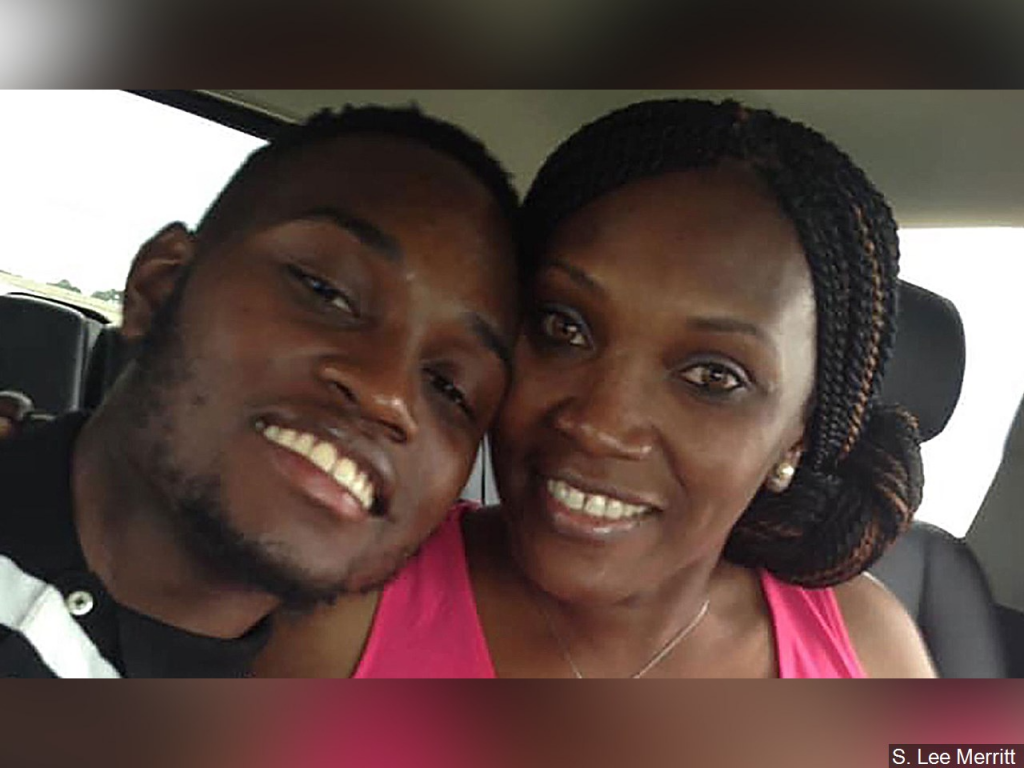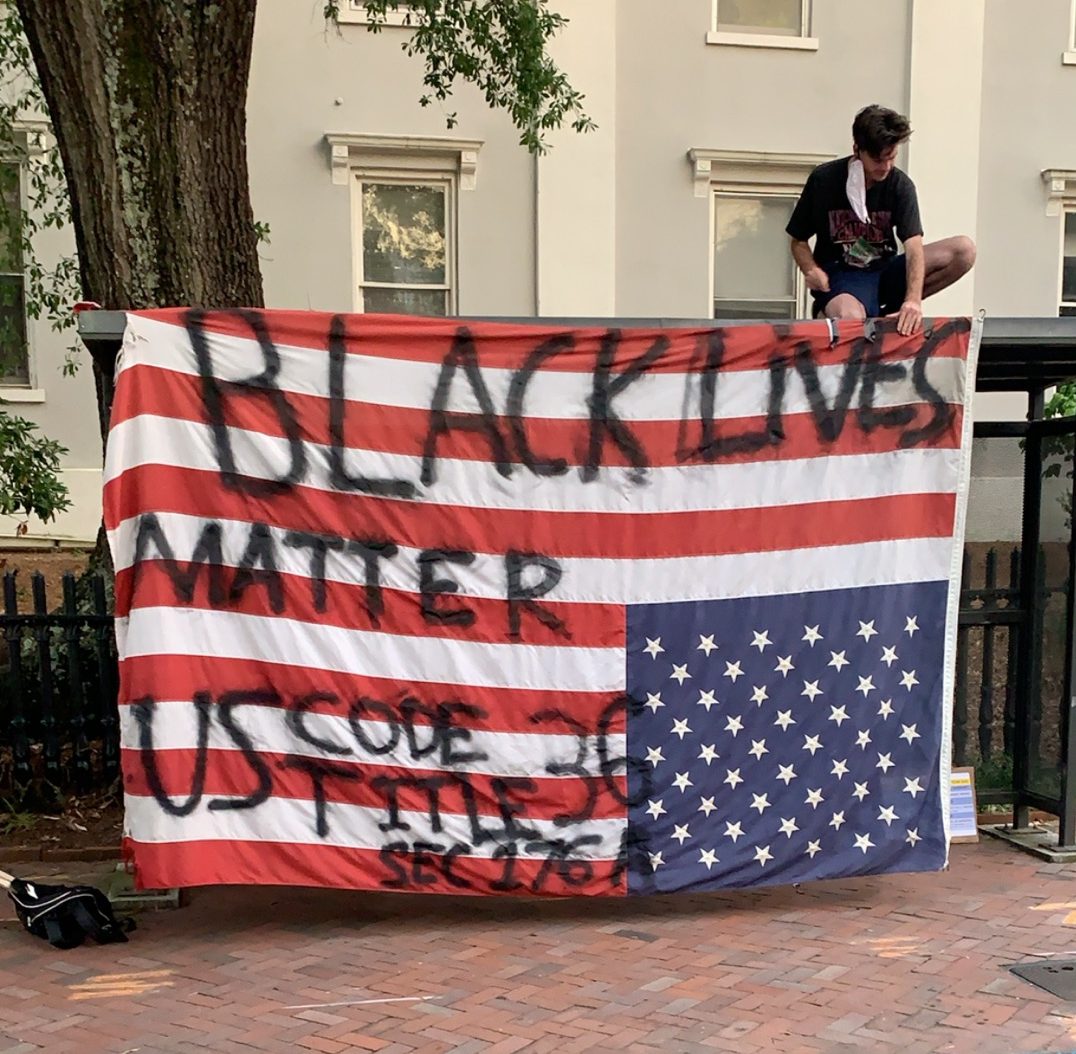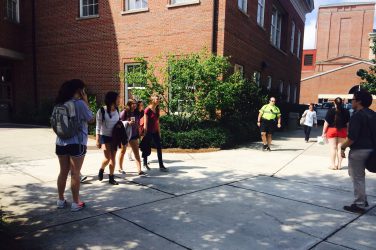The death of an unarmed Black man in Georgia, and other deaths like his, have provoked University of Georgia students to both mourn and protest in Athens. Although a year has passed since his death and the protest, the conversation about justice continues.
On Feb. 23, 2020, while running on a street in Brunswick, Georgia, Ahmaud Arbery, was hunted down, shot and killed by three white residents. One year later, his mother has filed a million-dollar lawsuit. Here in Athens, the protest overtook the area in front of the Arch on the University of Georgia’s campus and spread throughout the city. Students and community members participated in the demonstrations throughout the spring and into the summer.
Why It’s Newsworthy: Ahmaud Arbery’s death, over a year ago, was one of the catalysts that sparked the social movement that engaged the country and had Athens residents demonstrating.
UGA student and Black Male Leadership Society President Jalen Polk said victims of crimes like Arbery deserve more than justice.
“I think that nationally Ahmaud Arbery and other victims should be recognized in a more formal way,” said Polk.
Alex Monroy, 22, was one of the many UGA students who knelt under the Arch and marched around Athens to get justice for Arbery and other victims of these racially-motivated crimes.
“His death awakened me to realize that a lot of the brutality and the crimes against humanity that have occurred against Black people and people of color is not just something that is in history books,” said Monroy.
“I’ve seen my peers at UGA, who might have not said or done anything, are realizing that a lot of the politics, systems and social institutions like Greek life at UGA is what is contributing to perpetuating racism,” Monroy said.
The deaths of countless Black people, including Arbery, brought out hundreds of students and residents, including leaders on campus like the UGA student body president.
“These murders have been happening for centuries. Many more happened just in that year, but that was the first one that really picked up news headlines, major news headlines, to start off what happened the whole summer,” said Asim Ahmed, UGA student body president.
Arbery’s death and others like it have left an impact on the University of Georgia. The deaths and subsequent protests started conversations in student organizations and colleges about the racial inequities and prejudice that exist on campus.
His Mother’s Fight for Justice

On the one-year anniversary of her son’s death, Wanda Cooper-Jones did not spend the day grieving, but instead filed a civil lawsuit against the three perpetrators, Glynn County and law enforcement officers.
According to Cooper-Jones’ lawsuit, defendants Travis and Gregory McMichael and William Bryan were entrusted by local law enforcement to respond due to recent break-ins in the area. The three spotted Arbery, an avid runner in the area, and had a “gut feeling” that he was responsible for the recent string of thefts in the neighborhood. They then shot Arbery three times at a close range.
According to the lawsuit, immediately following the murder Travis McMichael stood over Arbery’s body and said “F*****g Ni***r.”
The 47-page lawsuit went on to say that not one, but two district attorneys assigned to this case recused themselves due to connections to George McMicheal. One of them, George Barnhill, issued a letter calling “the attempt to stop and hold” Arbery “perfectly legal” before being forced to recuse himself.
Willie Daniely III is a senior majoring in journalism in the Grady College of Journalism and Mass Communication at the University of Georgia.









Show Comments (0)